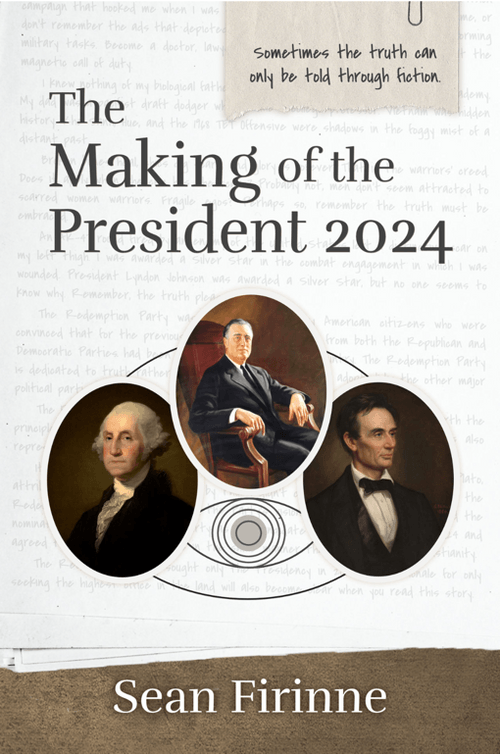The Ethical Dimensions of Political Power According to Machiavelli
- Sean Firinne

- Aug 8, 2024
- 1 min read
Niccolò Machiavelli's views on power and ethics continue to provoke debate centuries after his writings. This blog post explores Machiavelli's perspectives on the ethical dimensions of political power, particularly his pragmatic approach to governance.

Machiavelli's Political Philosophy
Discuss Machiavelli's fundamental belief that the stability of the state justifies a range of actions that might be considered immoral in personal conduct. Highlight key points from "The Prince," where he argues that the ends often justify the means for rulers.
Ethics and Effectiveness
Analyze how Machiavelli separates personal and political ethics, suggesting that what is deemed necessary for political effectiveness might not align with traditional moral standards. Consider his views in the context of contemporary political scenarios.
Modern Implications
Evaluate the implications of Machiavelli's theories in modern governance. Can his ideas on the separation of personal virtue from political necessity inform current political leadership and strategies?
Reflect on the continuing relevance of Machiavelli's ideas about power and ethics. Encourage readers to think about the balance between moral integrity and political necessity in today's political landscape.






Comments